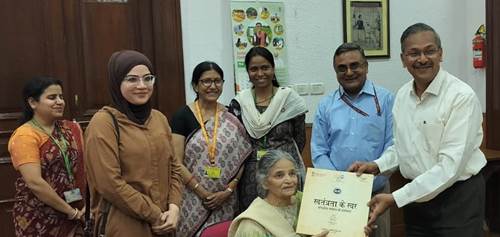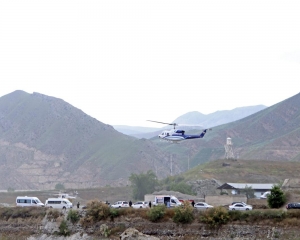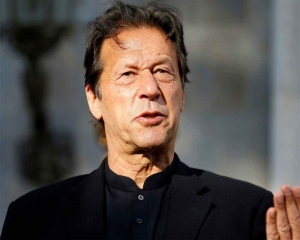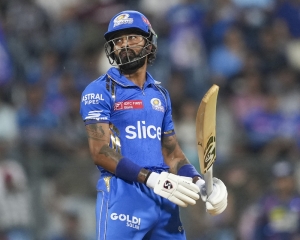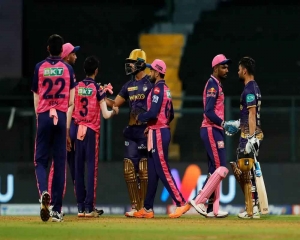India’s rich repository of archival records has received a significant enhancement as the National Archives of India (NAI) acquired freedom fighter Rafi Ahmad Kidwai’s private paper collection comprising original correspondences between Kidwai and other eminent leaders such as Jawahar Lal Nehru, Sardar Patel, Shyama Prasad Mukherjee, and PD Tandon.
These documents hold historical importance and provide a unique perspective on the deliberations, decisions, and collaborations that shaped India’s journey toward independence and its early years as a sovereign nation.
NAI Director General (DG) Arun Singhal told The Pioneer that the family of the late leader had approached them a month ago, seeking to preserve the documents that were contained in three big boxes. After examining the documents, they were found to be historically significant, and now they will be scanned and made available on the Abhilekh portal for public viewing, free of cost, he said.
Singhal further said that various historical documents including correspondence and circulars related to leaders like Gandhi, Subash Chandra Bose, and other freedom fighters have been preserved in the portal and if anyone wishes to download them, they have to pay a nominal amount.
Access to these primary sources benefits researchers, historians, and the public alike, deepening their understanding of India’s past and its journey toward progress and development. The papers related to Rafi Ahmad Kidwai were handed over to Singhal by the late leader’s family members led by Faiz Ahmad Kidwai who happens to be Additional Secretary, Union Ministry of Agriculture and Farmers Welfare, Tazeen Kidwai, daughter of late Hussain Kamil Kidwai, youngest brother of Rafi Ahmad Kidwai and Sarah Manaal Kidwai.
Now the NAI has ensured that valuable historical materials are safeguarded for future generations and made accessible for research and study about the personality who has left an indelible mark on India’s history.
Rafi Ahmad Kidwai, born on February 18, 1894, in Masauli, Uttar Pradesh, hailed from a middle-class Zamindar family. His political journey began with his involvement in the Khilafat Movement and the Non-Cooperation Movement, leading to imprisonment. Known for his vivacity, brilliance, and charm, Kidwai dedicated himself to India’s independence and fought against communalism and superstitions.
His political acumen led him to become a Minister in Pandit Govind Ballabh Pant's cabinet, managing revenue and jail portfolios. Post-independence, he served as India's first Minister for Communications in Jawaharlal Nehru's cabinet, launching initiatives like the "own your telephone" service and night air mail. In 1952, he took charge of the Food and Agriculture portfolio, successfully tackling food rationing challenges with his administrative skills.
Kidwai's actions and dedication in his pursuit of Indian independence and his administrative roles thereafter exemplified his remarkable leadership qualities. His contributions across various sectors, from communications to agriculture, left an indelible mark on the nation's development













